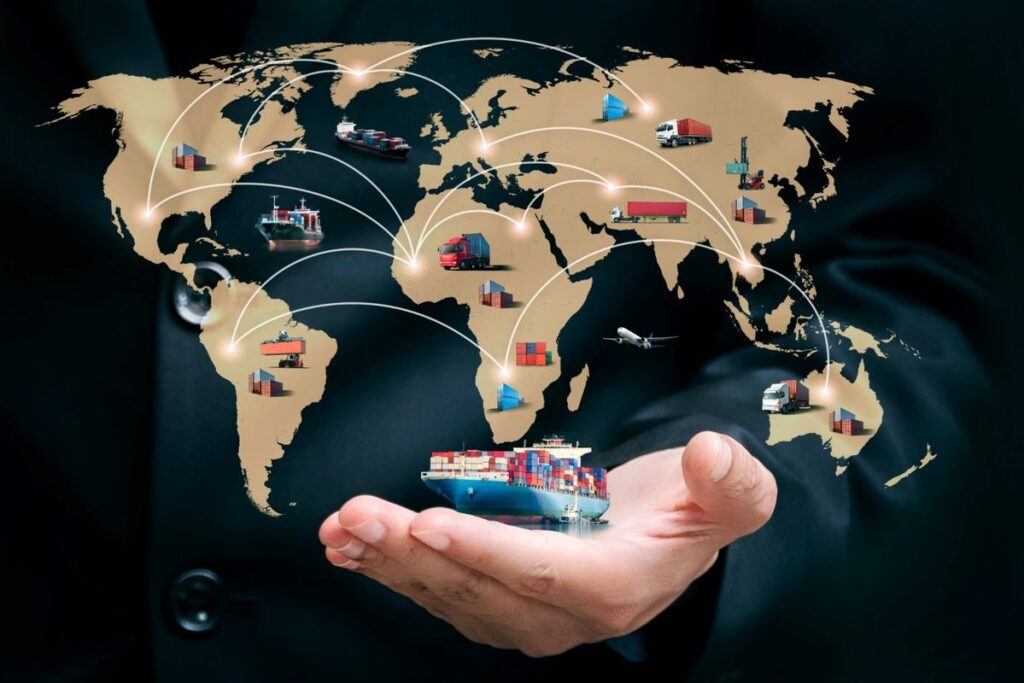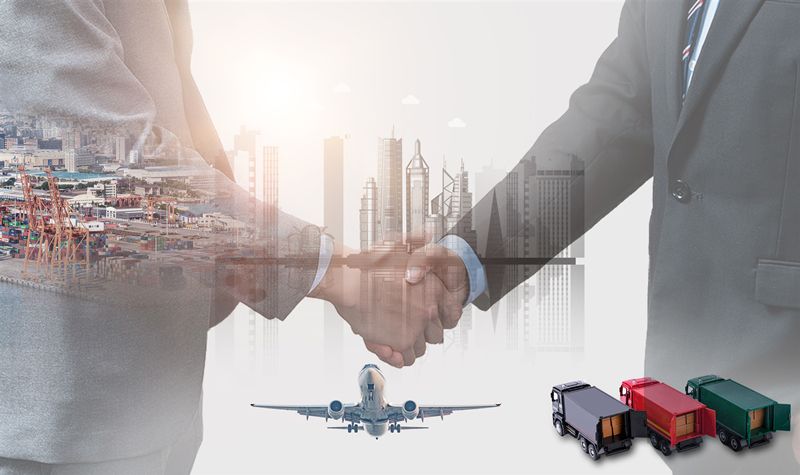- Office No. 22, 3rd Floor, Al Ghaffar Plaza G-11 Markaz, Islamabad
- 03145401618
About Us

you need to be sure there isn’t anything embarrassing hidden in the middle of Internet tend to repeat predefined chunks as necessary, making this the first true generator on the Internet.
Contact Us
Import & Export
Requirement Analysis and Consultation
The first step in our civil work import and export services is understanding your project requirements. We work closely with contractors, construction companies, and suppliers to identify the specific civil materials you need, including cement, steel, bricks, aggregates, plumbing fixtures, electrical supplies, construction tools, and finishing materials. This step ensures that we fully understand your project scope, quantity needs, timelines, and compliance requirements for international trade.


Global Sourcing of Materials
Once the requirements are clear, we leverage our global network of trusted manufacturers and suppliers to source high-quality civil construction materials. Every product is carefully selected to meet international quality standards and project specifications. Our team ensures that sourced materials are reliable, durable, and compliant with both the exporting and importing country regulations.

Documentation and Regulatory Compliance
The next step involves preparing all necessary documentation for smooth import and export. We handle commercial invoices, packing lists, bills of lading, certificates of origin, and other regulatory documents. Our experts ensure that every shipment meets international trade regulations, customs rules, and safety standards, reducing delays and ensuring legal compliance throughout the process.

Why Choose Us for Solar Civil Projects?
Simple and Efficient booking process
Quality You Can Trust
At the heart of every project, we deliver Quality You Can Trust through expert craftsmanship, durable materials, and strict quality control. Our commitment ensures every solar structure is built to last—reliable, efficient, and engineered for long-term performance and customer satisfaction.
Expert Installation & Support
Our Expert Installation & Support team ensures every solar project is completed with precision and care. From initial setup to final testing, we guarantee seamless installation, reliable performance, and ongoing technical support to keep your system running efficiently year after year.
Commitment to Sustainability
Our Commitment to Sustainability drives every step of our solar projects. We use eco-friendly materials, energy-efficient methods, and responsible construction practices to minimize environmental impact—helping create a cleaner, greener future through reliable, renewable solar energy solutions built to last.
Testimonials
WHAT OUR CLIENTS SAY
FAQ's
What is the role of an import and export company?
An import and export company facilitates the buying and selling of goods across international borders, handling logistics, customs clearance, documentation, and compliance with trade regulations.
What documents are required for importing or exporting goods?
Common documents include the commercial invoice, packing list, bill of lading, certificate of origin, import/export license, and customs declaration forms—depending on the product and destination country.
How do import duties and taxes affect international trade?
Import duties, tariffs, and taxes are imposed by governments to regulate trade and protect local industries. These costs must be factored into pricing and profit calculations for each transaction.
What are the key factors to consider before importing or exporting a product?
Businesses should evaluate product demand, trade restrictions, shipping costs, customs regulations, and currency exchange rates to ensure profitability and compliance.
How can a trading company ensure smooth import and export operations?
Working with experienced logistics partners, maintaining proper documentation, understanding customs laws, and establishing strong relationships with suppliers and buyers help ensure efficient global trade operations.
We're Available To Help 24/7
Say Hi There!

